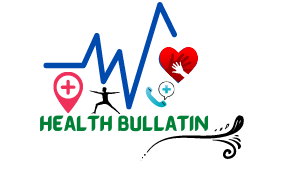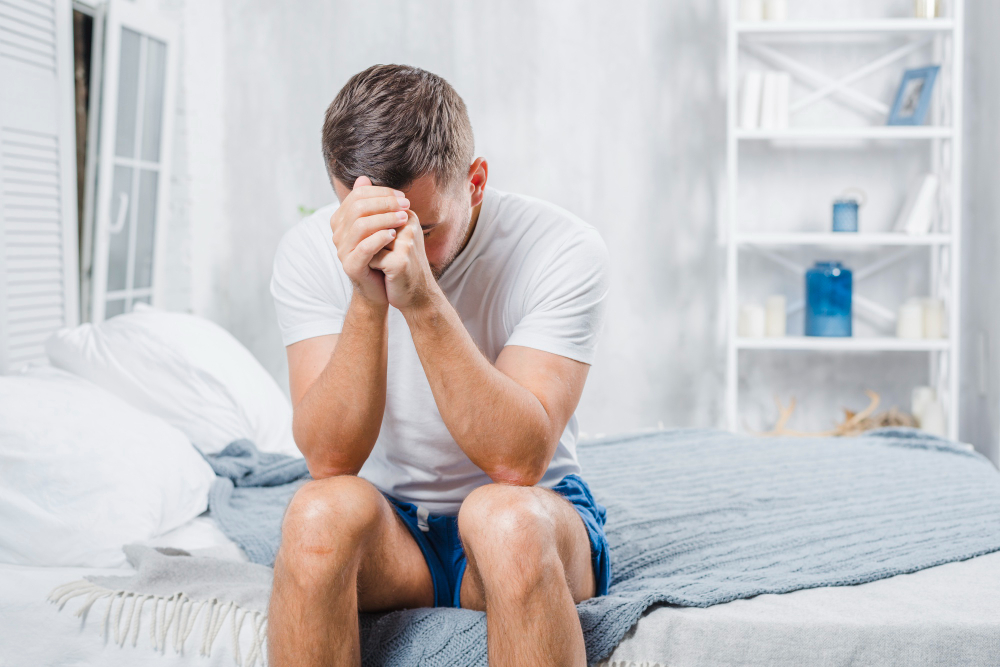Staying fit has always been important since fitness has a positive impact on the overall health. Recently, there has been considerable concern about how mental health is impacting overall wellness. Mental health provides energy and the power to sail through difficult situations. Testosterone is the primary hormone in males, which plays a significant role in various body systems. However, the hormone does more than improve sex drive. It helps build muscle mass, boosts mood, and promotes fat distribution. It is crucial to know when you have a testosterone deficiency. Some psychological symptoms of low testosterone include depression, mood swings, anxiety, irritability, and stress.
A low level of this hormone leads to mental health issues because the brain cells do not get enough testosterone. So, are you wondering how testosterone levels are related to mental health? This blog will explore the relationship between low testosterone and mental issues like anxiety, depression, and mood swings.
Mood Swings
Mood swings mean you experience an abrupt change in your attitude and feelings. You might be happy at one moment and extremely sad at the next. Mood swings can be dangerous and lead to suicidal tendencies and impulsive decisions when not careful. Various things can result in mood swings, but in men, low testosterone levels are the main culprit. You are likely to have mood swings because of a hormonal imbalance. Therefore, TRT Boise can help stabilize the levels and alleviate mood swings.
Maintaining the proper attitude plays a role in preventing mood swings. However, a hormonal imbalance can cause mood swings and other disorders like bipolar disorder, substance-induced mood disorder, and dysrhythmia.
Depression
Depression is a common and dangerous condition affecting individuals of all genders, ages, and races. A common cause of depression in males is low testosterone. Depression due to testosterone deficiency happens when the brain cells are not receiving enough testosterone for stimulation. You might feel nothing is worthwhile any more because your brain lacks enough testosterone to fire up enthusiasm. Low testosterone affects your metabolism such that you no longer have the motivation to do the things you used to love doing.
Anxiety
In addition to depression, there is also a link between anxiety and low testosterone. With pressure, you feel excess stress and worry about something. This results in rapid heart rate, fear, and excess sweating. You need to work on the brain cells to reduce anxiety. That means a low T-level could also worsen anxiety symptoms.
Your emotional health is tied to whether or not you feel depressed, anxious, or stressed. The hormone has a direct psychological impact on the brain. It also leads to other emotional factors like low energy, erectile dysfunction, overweight, low libido, etc.
An Outlook on Testosterone and Overall Mental Health
Testosterone has a direct effect on your mental health because of how it impacts your energy levels and mood. A low level of this hormone could cause depression, mood swings, anxiety, and other mental health conditions like low self-esteem or self-worth. Therefore, maintaining the right T-levels is the best way to live a happy and healthy life. That will help boost your muscle mass, sex drive, energy, and overall mental health.

